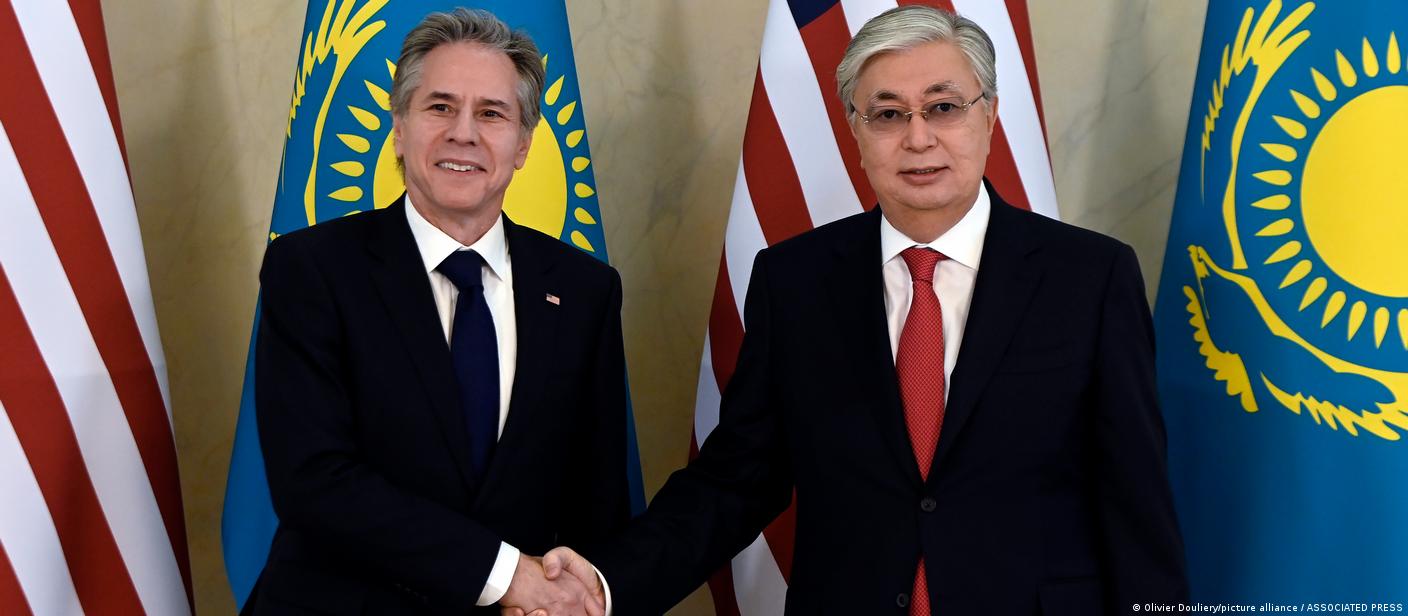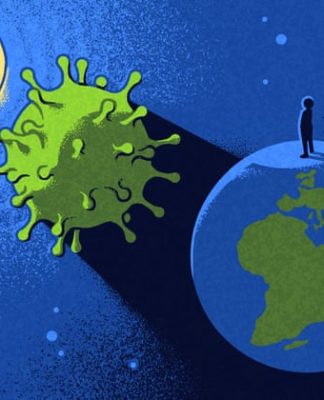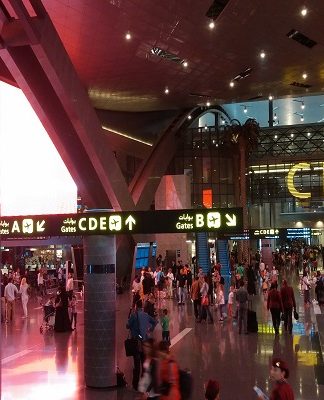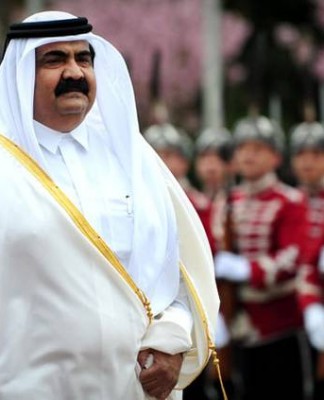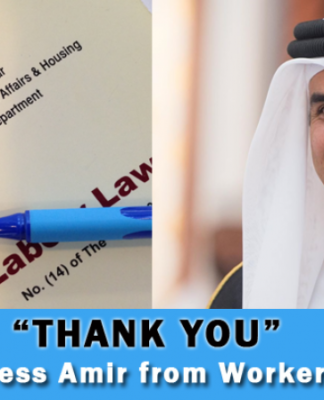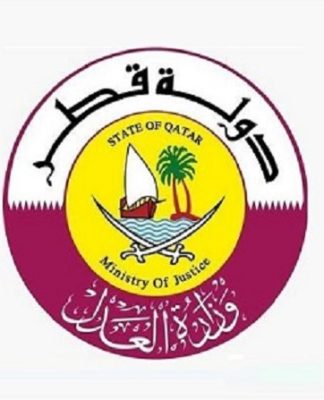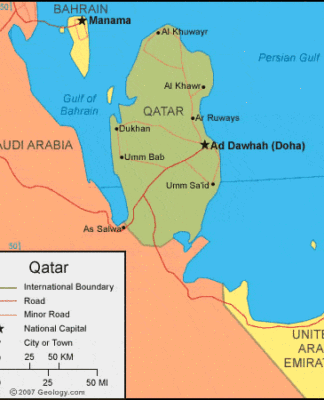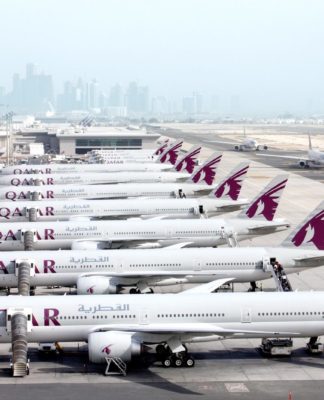POLITICSKAZAKHSTAN
Top US diplomat visits Central Asia with eye on Russia
2 hours ago2 hours ago
Antony Blinken met with foreign ministers from the five former Soviet republics of Central Asia, who, unlike Belarus, have not rallied behind Moscow over its war in Ukraine.
https://p.dw.com/p/4O4UG
US Secretary of State Antony Blinken on Tuesday was visiting Kazakhstan and Uzbekistan, and meeting his counterparts from all five former Soviet republics of Central Asia.
The trip is Blinken’s first in the region, where Russia and China play a key role.
What did Blinken say?
The top US diplomat announced a $25 million (€23 million) support package to help Central Asian nations diversify trade routes and create employment.
In remarks with the foreign ministers from Kazakhstan, Kyrgyzstan, Tajikistan, Turkmenistan and Uzbekistan, Blinken said Washington backed their “sovereignty, independence and territorial integrity.”
“Sometimes we just say those words and they actually have no meaning. And of course, in this particular time, they have even more resonance than usual,” Blinken said, referring to Russia’s invasion of Ukraine a year ago.
Blinken also met Kazakh President Kassym-Jomart Tokayev, who voiced “appreciation” for US support for Kazakhstan’s sovereignty.
“We have built very good and reliable long-term partnerships in so many strategically important areas” with the US, Tokayev said.
Tokayev has previously pushed back against territorial claims made by Russian President Vladimir Putin in Ukraine.
Kazakhstan, which shares with Russia the world’s longest continuous land border, has the second-biggest ethnic Russian population among ex-Soviet republics after Ukraine.
With Moscow claiming that it attacked Ukraine to “liberate” ethnic Russians, some Kazakhs fear for their country’s security.
Russian influence
Blinken’s visit comes just days after the one-year anniversary of Moscow’s war in Ukraine, which has tested Russian influence in a region that also includes Kyrgyzstan, Tajikistan and Turkmenistan.
17 images
17 images
The longstanding security and economic ties between Central Asian nations and Russia have come under increasing scrutiny since the war started last year.
Moscow has looked to the markets and trade routes of its Central Asian neighbors in a bid to circumvent Western sanctions. The US has also granted some exemptions to the region as part of its sanctions regime, meaning it does not deem countries there to be violating the sanctions in continuing certain trade activities, such as Kazakhstan’s Caspian Pipeline that carries Kazakh oil to the West through Russia.
US President Joe Biden’s administration has stepped up engagement with Central Asia in an apparent bid to demonstrate the benefits of cooperation with Washington as the region faces economic fallout from the conflict.
Unlike Moscow’s ally Belarus, Central Asian nations have not rallied behind Russia over the war, typically abstaining in UN votes condemning Russian activities.
fb/msh (AFP, Reuters)














